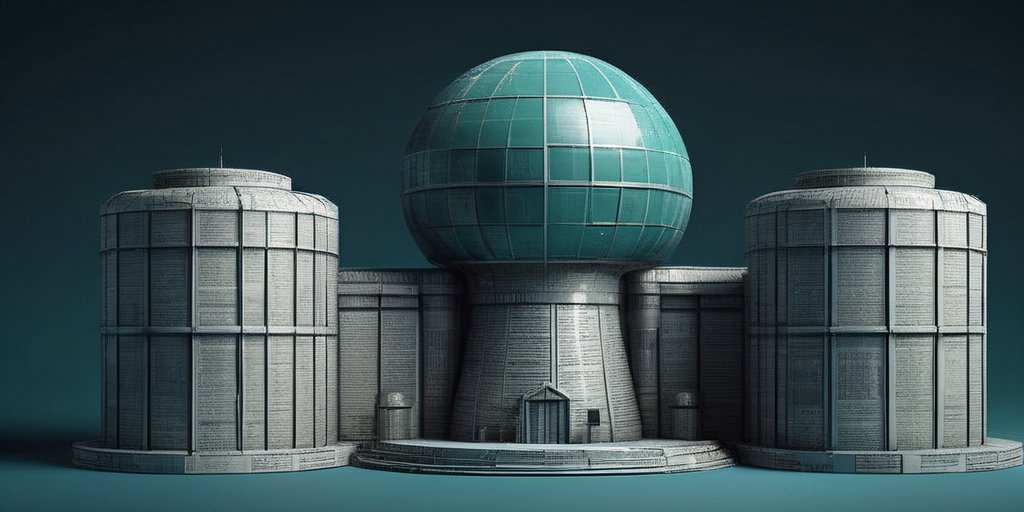In the realm of international diplomacy, the negotiation process surrounding Iran’s nuclear capabilities remains fraught with tension and uncertainty. US President Donald Trump, who previously withdrew the United States from the 2015 nuclear agreement, underscored the precarious nature of the current discussions amid reports that Iran’s Supreme Leader, Ayatollah Ali Khamenei, has voiced skepticism regarding the potential for a successful outcome in the latest round of nuclear talks scheduled for this weekend.
Khamenei’s rejection of US assertions regarding uranium enrichment reflects a major sticking point in the negotiations. He accused the US of making “excessive and outrageous” demands that he believes would hinder any possible agreement. Despite these challenges, President Trump claimed last week that Iran had “sort of” accepted the terms proposed during the four rounds of discussions mediated by Oman since April 12.
The stark contrasts in approach between the current US administration and the previous one continue to surface. Khamenei, while addressing a ceremony commemorating the late President Ebrahim Raisi, emphasized Raisi’s refusal to engage in direct talks with the US and criticized the failings of negotiations pursued under former moderate President Hassan Rouhani. Khamenei expressed disbelief that any significant advancements could occur with the current reformist leadership under Masoud Pezeshkian.
Trump has warned Iran that failure to reach an agreement could lead to military action from both US and Israeli forces, underscoring the high stakes involved. The former president’s approach highlights a commitment to preventing Iran from obtaining nuclear weapons—a concern that has been echoed by US special envoy Steve Witkoff.
Witkoff articulated a firm stance on enrichment capabilities, stating, “We cannot allow even 1% of an enrichment capability.” This reflects a critical aspect of the negotiations, where the US is aiming for a deal that excludes enrichment, arguing that such capabilities contribute to weaponization risks.
Iran, for its part, remains adamant that its nuclear program is peaceful. Iranian Foreign Minister Abbas Araqchi fiercely rebutted US demands, stating that halting enrichment is unrealistic and that Iran will not compromise its right to pursue nuclear technology.
The backdrop of the negotiations includes Iran’s breach of constraints from the original deal, which limited enrichment to 3.67% purity. As of February, the International Atomic Energy Agency reported that Iran had amassed almost 275kg of uranium enriched to 60%—a level perilously close to weapons-grade material.
In conclusion, Trump’s administration’s tough stance contrasts with Iran’s insistence on maintaining its enrichment rights, fostering a complex and potentially volatile diplomatic landscape as talks continue. The interplay of demands and geopolitical maneuvering will ultimately determine the future of nuclear negotiations between the US and Iran.
